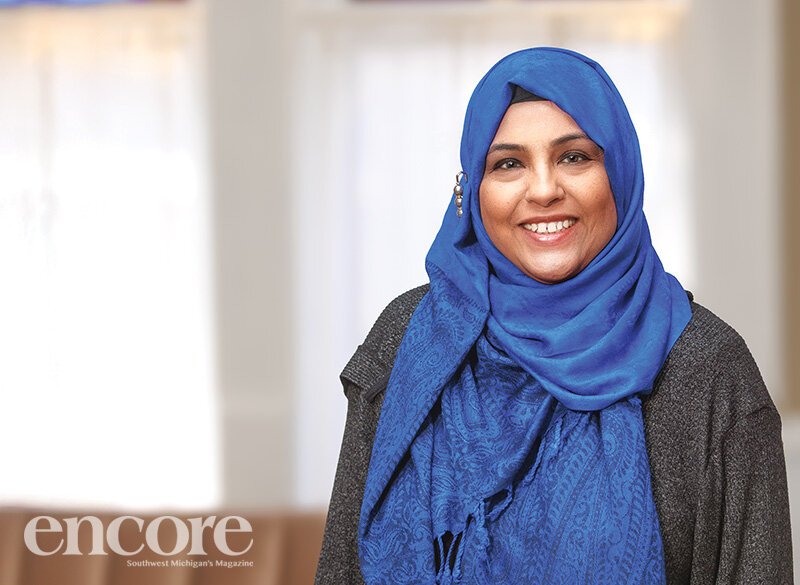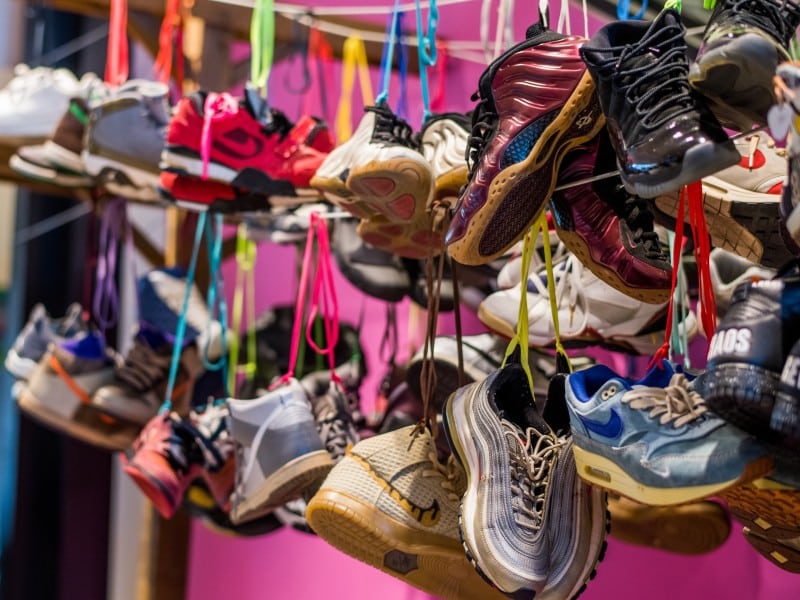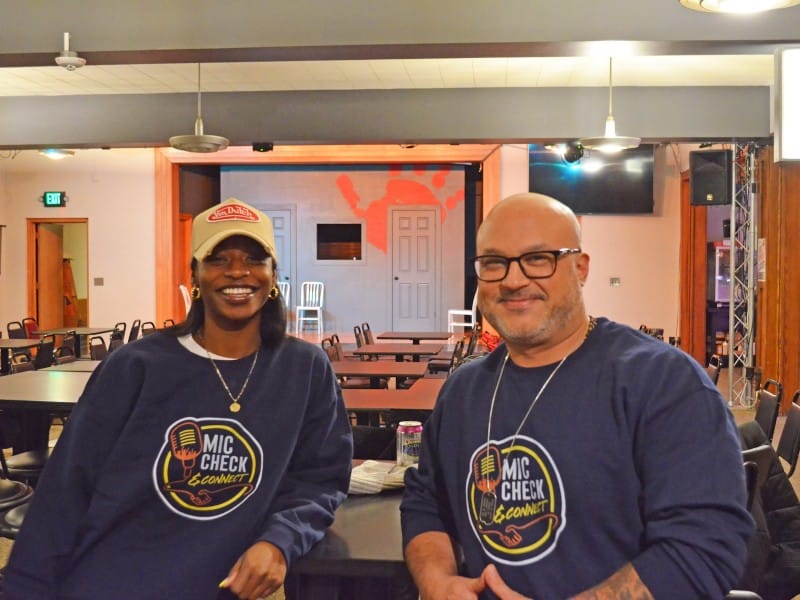How this native of India has become an advocate for Kalamazoo’s unhoused
Now completing her first year as director of development and operations for Kalamazoo Housing Advocates, Maliha Raza seeks to help others find their home here.

A world traveler who has found a home in Southwest Michigan, Maliha Raza is devoted to Kalamazoo, her family, her faith and her work as an activist and servant to others — not necessarily in that order but passionately on all fronts.
Born and raised in India, Raza arrived in Kalamazoo in 2008 and has worked throughout the community in fields including refugee resettlement, foster care, nonprofit strategic planning and grant writing, often as a volunteer.
“I have found Kalamazoo to be such a wonderful community that has always welcomed me, a perfect place to raise my child. Before I came, a lot of people scared me about coming to the U.S. I didn’t even wear the hijab for the first few years I was here, but I found when I put it on, people welcomed me even more,” she says. “There are so many wonderful people here who value diversity and equity. It’s more than lip service — people here really demonstrate that.”
Now completing her first year as director of development and operations for Kalamazoo Housing Advocates (KHA, founded in 2022), Raza seeks to help others find their home in this community.
“As I work with the most vulnerable members of our community, I see people who have so much hope and resilience even when they’re going through the darkest phases of their lives, and that keeps me going, along with just the small wins. Seeing that client move into stable housing is a joy that’s indescribable. That joy is enough to carry me through the hard times. You always keep hoping that maybe just one person is breathing easier because now they have a place for their kids. I can’t help everybody, but I can help one person for that one day.”
How did you get to where you are today?
Early on in my life, I knew I wanted a purpose-driven life as opposed to a career-driven life. I could never answer the question “Where do you see yourself in 10 years?” because I wanted to go where my mission takes me. I am a practicing Muslim, and I’m going to adhere to the requirements of my faith to serve God and humanity, so it was more about “Who needs me? Where do I need to serve at this moment?” I have always been drawn to work that was centered on justice, human dignity, and human rights.
I have consulted for the corporate world and for the United Nations, both taking me to places across the world. My heart was always in nonprofit work, though, and when I came to the U.S., I decided once and for all I wanted to be in the nonprofit world full time.
How are unhoused people doing here?
Kalamazoo County’s homelessness crisis is at a five-year peak. A lot of funders ask, “Why is it on the rise with so many agencies (that are working on the issue)?” I feel that we’re not consolidating efforts as much as we should. No single agency can fight this alone, and KHA wants to collaborate with other agencies to share information and resources. We’re all understaffed and overworked, and the need is so much more than the resources that are available. Homelessness is always going to be an issue, but if we consolidate our efforts and share and collaborate, we can make a dent in it.
The KHA has shown that our model and approach of long-term, consistent support works. A lot of agencies don’t provide that post-housing support or the early support that we do to prevent homelessness. We intervene before a crisis can knock (someone) off course. Because we collaborate with housing providers, we get to our clients faster, before they get that eviction notice. We will accompany a client to a court appointment. We will help when a car breaks down. That can seem like a small thing, but without intervention, someone can’t get to work, doesn’t get paid, can’t pay the rent. That car breakdown is not something most agencies will pay for, but we know it can snowball and put that family out on the street. We are keeping people in their home, keeping families together, by having the funds and support they need to break the cycle of homelessness.
What are you proudest of in your role with the organization?
I’m very proud that I’ve been able to help stabilize the organization, to build a financial foundation so we can keep doing our vital work. When I started, the organization was in the red. I had to hit the ground running, to do what I could to bring the organization back into stability. With the grace of God and the goodwill of our donors, I was able to raise the entire budget and more. I’m proud not just for our clients, but for our staff, for our vendors, our partners, our donors. All of these people are part of the KHA family.
I am also proud of helping shape the culture of this organization. We treat people experiencing homelessness with love, dignity, respect, empathy, compassion — values which are very dear to my heart. My organization believes housing is a human right, and I’m a human rights person.
What keeps you up at night?
In the daytime, I think about who’s in front of me and how I can make a difference to that person right now, but at night, I think about all the work I did not or could not support. I think about all the people that we haven’t yet been able to serve at KHA. That keeps me awake.
What keeps you going every day?
Many things, but primarily my faith of Islam. It has always told me what to do, how to do it, where to go — all the big questions. That keeps me going because there are many dark things in this world, many dangers, many hardships. Even if you have all the money in the world, it’s a hard place for everybody.
Also, I would say my son Nufais. He’s my hero, my warrior. He’s stood by me through the hardest times and has always been my support. He talks about the issues that are dear to my heart and has said to me, “Mom, we will keep fighting. We will push for a world that is a better place for everybody.”
I am also grateful to the organization. Being at KHA has gotten me through some troubled times in my life. I have faced some things our unhoused clients face, and I am able to empathize. I know what it feels like not to have a house.
Interview by Katie Houston, edited for length and clarity
Photo courtesy Encore Publications/Brian K. Powers
T

his story is part of the Equitable Community Development Reporting Project of the Southwest Michigan Journalism Collaborative. SWMJC is a group of 12 regional organizations dedicated to strengthening local journalism. Visit swmichjournalism.com to learn more.















